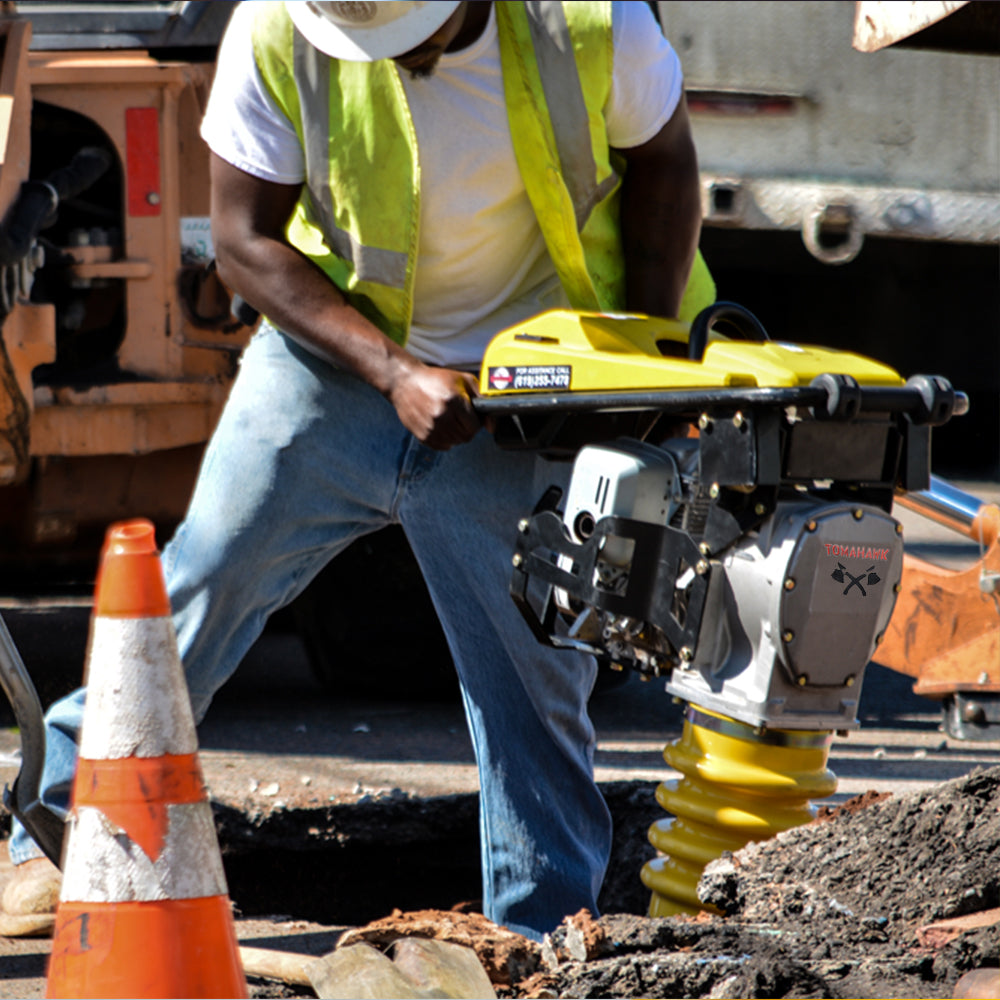The Central Texas Construction Market in 2017 is strong. Residential buildings and homes are up with Austin, Texas adding the largest number of residential homes in the country. Additionally, the suburbs of Dallas-Fort Worth and Houston remain strong as housing and commercial real estate continue to be developed. Cities like Round Rock Texas only a few years ago were simply a rural suburb and farmland of the Austin area, yet now are homes to Ikeas, Bass Pro Shops, and Gander - all strong indicators of growth.
Although low oil price are still affecting Western Texas as well as pipeline companies in Houston and Dallas, the construction industry makes up for the economic loss.
With large developers such as Lenar, DR Horton, and KB Homes making strides in Texas the construction market and industries continue to grow. General contractors are buying equipment fueling construction manufactures such as CAT for earth moving equipment or Tomahawk Power a manufacturer of asphalt, concrete, and paving equipment.
Additionally, large local infrastructure projects are underway in Dallas, Fort Worth, Irving, Houston, and San Antonio. With the growth in population in the state, roads have become crowded and traffic gridlock is rampant. The state has invested in building larger highways and tollways and large construction companies like Kiewit are setting the standard for building some of the biggest highways in the U.S.A. throughout Texas. Many of these large highways are only in the first phase so the trend in road building in Texas will continue strong for the next few years.
Unlike the trends in other northern cities of the USA, where downtown cities are being renovated and there is a trend to move into cities, Texas is the opposite. Suburban Texas is sprawling and anytime land goes up in price the construction and buildings spread to the vast open flat land, in which Texas is abundant. Take Plano for example, a suburb of Dallas, which has grown rapidly and with it comes the standard in Texas, everything big. Large retailers and big box stores, sporting goods stores, Home Depot's and HEB supermarkets. These large brick and mortar stores are a 100,000+ square foot and equate to multimillion dollar projects for construction companies in the area. In many cases it's a race for retailers to build a new stores in "up and coming" suburbs of Texas - the goal being to beat their competition to market. Stores like Home Depot buy up larger areas of zoned commercial land to beat their competitor Lowes from claiming the title of preferred hardware store of the town. Bass Pro, Cabelas and Academy Sports constantly battle to be the "go to sporting goods store" of the suburbs. In summary, when the first new housing development starts in a suburb it is a trickledown effect and it almost always means lots of construction.
As large contractors such as Fluor, Turner and PSC dominate the largest infrastructure projects in Texas there has been a reassurance of small to medium sized contractors taking on projects that are too small for big players. These small 5-20 man contractors teams are feeling confident in their future projects and as a result have invested in trucks, compactors, saws, trowels and tools. The future is looking bright in infrastructure in Texas and it's not just for large companies, the opportunities can be found in all sizes.










